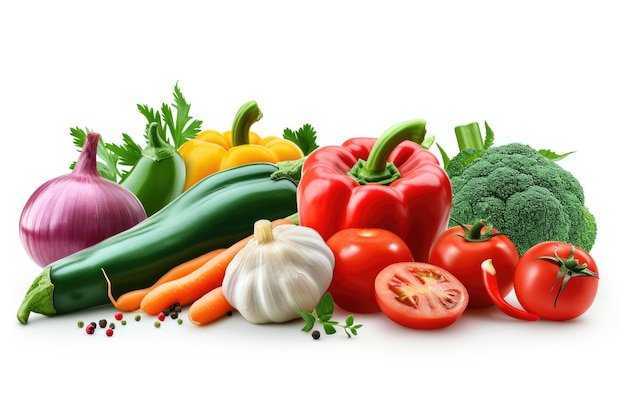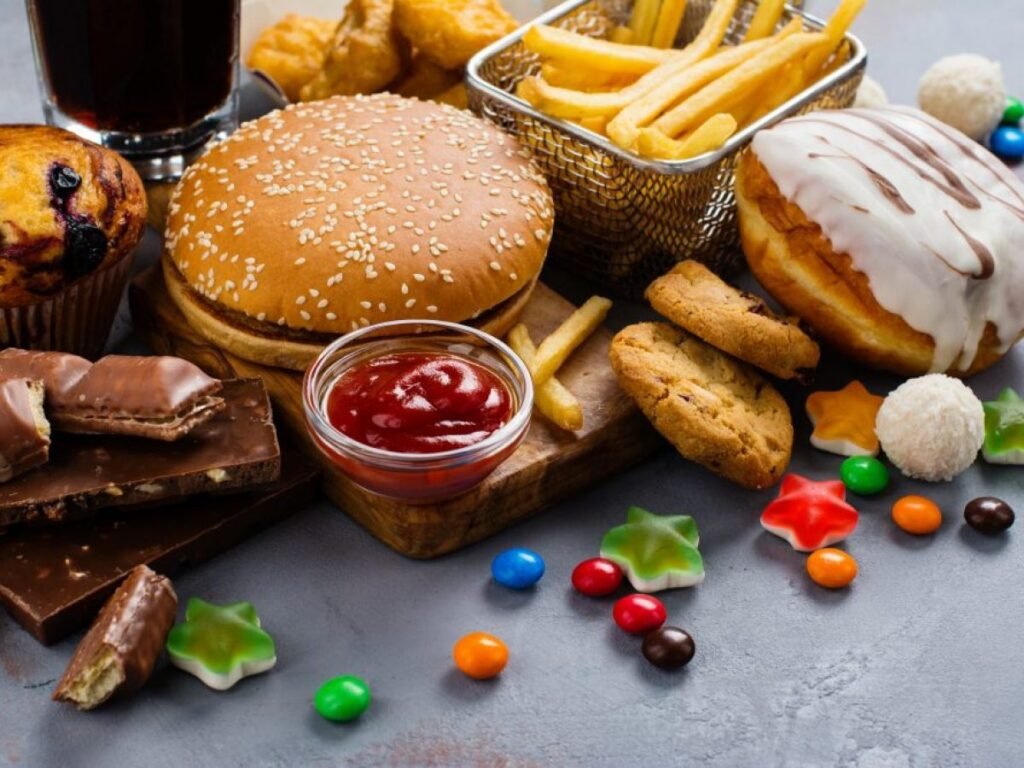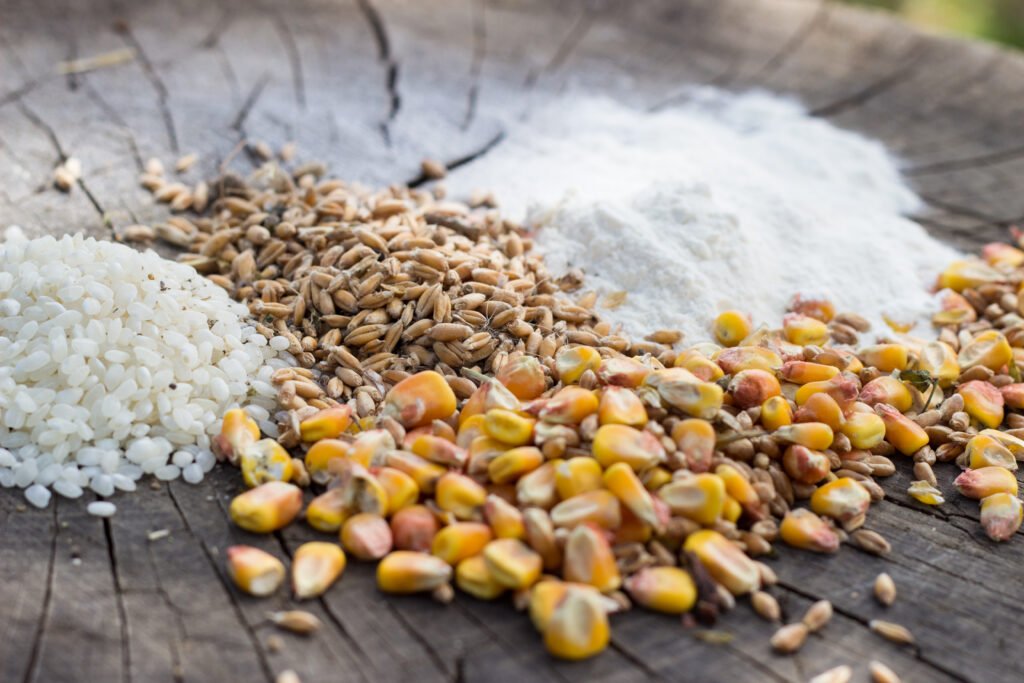After any surgery, our main concern is what to eat and what to avoid. Consuming nutrient-rich foods can aid in faster healing. It’s important to consult with doctors about the right diet to follow post-surgery, to ensure foods that might cause complications or slow recovery are avoided. Below are some important vitamin and mineral-rich foods that can help you recover quickly and safely after surgery.
Eat After Surgery: Nutrient Powerhouses for Quick Recovery
1. Whole grains
After surgery, eating whole grains provides your body with carbohydrates, which are the main source of energy. Whole grains also contain a lot of fibre, which helps keep food moving through your digestive tract, improving digestion.
Top choices:
- Whole wheat
- Oats
- Quinoa
- Brown rice
- Barley
- kodo millet
2. Vegetables
Vegetables contain most of the vitamins and minerals, which are important nutrients for rapid recovery. Be sure to eat after surgery.

Must-Have Veggies:
- Bottle gourd
- Sponge gourd
- Pointed gourd
- Bitter gourd
- Carrots
- Broccoli
- Cauliflower
- Cabbage
- Sweet potatoes
Including these vegetables in your diet after surgery will help reduce fatigue.
3. Protein-Rich Lentils
Lentils are a fantastic source of protein, helping regenerate tissue and muscle. Plus, they’re high in fibre for easy digestion.
Great Options:
- Green Gram
- Red lentil
- Pigeon pea
These lentils are low in fat and easy to digest for post-surgery patients.
4. Healthy Fats
Healthy fats are important because they provide energy, help your body absorb vitamins, strengthen your immune system, and reduce the risk of infection.
Healthy Fats Includes:
- Olive oil
- Avocados oil
- Coconut oil
- Nuts (Almonds, Pistachios, Walnuts, Cashews, Hazelnuts, Peanuts)
- Seeds (Lin seeds, Chia Seeds, Hemp Seeds, Sesame Seeds, Pumpkin Seeds, Sunflower Seeds)
These fats and nuts are rich in vitamin E, which helps heal wounds and reduce scarring.
5. Berries
Berries have antioxidant properties that help prevent and reduce damage caused by free radicals. They are also rich in vitamin C, which is helpful for rebuilding collagen and soft tissues.
Berry Picks:
- Blueberries
- Strawberries
- Raspberries
- Strawberries
- Blackberries
6. Leafy green vegetables
Leafy green vegetables like spinach and kale are high in vitamins, minerals and fibres which helps to boost brain health and lower risk of other disease.
Leafy Greens to Include:
- Kale
- Spinach
- Swiss chard
- Mustard green
7. Eggs
Eggs are a great source of easily digestible protein. They also contain key nutrients like vitamins A, B12, zinc, iron, and selenium, which help boost the immune system and aid in wound healing when we eat after surgery.
One egg gives you:
- 6 grams of protein
- Vitamin A, E and K
- B complex vitamin
- Riboflavin
- Folic acid
- Minerals like calcium, zinc and iron.
8. Quality Protein Sources
Organ meats:
- Organ meats (like liver) are highly nutritious, rich in vitamin A, iron, zinc, B vitamins, and copper, which support immune function, collagen production, and wound healing.
Poultry:
- Poultry (chicken) contains glutamine and arginine, amino acids that aid recovery by supporting cell protection and collagen formation.
Shellfish:
- Shellfish (oysters, mussels, clams) are packed with zinc, which is vital for immune health and can speed up recovery and wound healing, especially after surgery.
9. Probiotics for Gut Health
Probiotics are good gut bacteria that needs to digest food and fight with other harmful bacteria and infection.
Probiotics-Rich foods:
- Yogurt
- Buttermilk
- Sauerkraut
- Kimchi
10. Seasonal Fruits
For batter recovery seasonal fruits must eat after surgery because seasonal fruits contain important vitamins (A, C, E, and folic acid), minerals (magnesium, zinc, and phosphorus), and plant compounds. They also provide carbohydrates and fibre. The antioxidants in fruits help reduce the risk of many diseases.
Fresh Fruits
- Oranges
- Apples
- Apricots
- Peaches
- Grapes
- Mango
- Papaya
Foods to avoid after surgery
Along with knowing what to eat, we should also know what to avoid to ensure a quick recovery. In general, it’s important to avoid low-fibre foods, as they can lead to slow bowel movements and constipation.
1. Added Sugars
Added sugar is high in calories and provides no nutritional value. Bacteria and viruses thrive on sugar, which is another reason to avoid sugary products
2. Highly Processed Foods

Highly processed foods are often white, sweet, and packaged, or they may be artificially coloured. These foods mainly provide carbohydrates, which can cause blood sugar spikes and high insulin levels. This drains your energy and slows healing. Additionally, processed foods are usually low in fibre, which is important for regular bowel movements.
3. Alcohol and Caffeine
Alcohol and caffeine can have a diuretic effect on the body, causing dehydration and constipation so avoid these beverages after surgery.
4. Red Meats
Red meats are high in saturated fats, which can cause elevated levels of LDL (bad cholesterol) and put you in risk for cardiovascular disease.
5. Cheese
Cheese is also high in sugar and saturated fat and low in fibre can cause constipation so don’t eat after surgery.
Final Insights
Incorporating nutrient-rich foods into your post-surgery diet is vital for a speedy recovery. From the energy-boosting benefits of whole grains to the healing properties of proteins and probiotics, each food plays a unique role in your healing journey. Remember, what you put into your body directly impacts your energy levels, immune function, and overall well-being.
Equally important is understanding which foods to avoid. Steering clear of added sugars, highly processed foods, and unhealthy fats will help minimise complications and support your recovery.
By making mindful food choices and listening to your body’s needs, you can empower yourself to heal effectively and emerge stronger than ever. Here’s to your health and a swift recovery—every bite counts!

